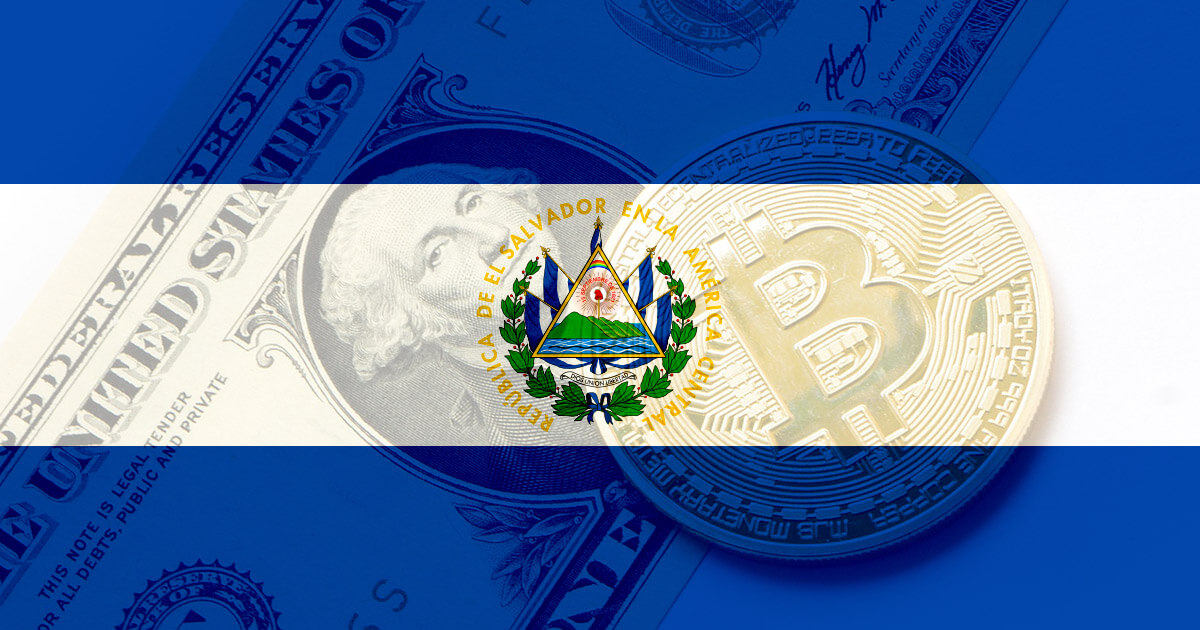El Salvador’s once-shunned debt has become a sought-after investment this summer, with BNN Bloomberg reporting that major financial institutions like JPMorgan Chase & Co., Eaton Vance, and PGIM are making notable moves into the market.
The significant turnaround is largely credited to President Nayib Bukele’s efforts. Despite initial apprehensions from Wall Street due to his Bitcoin endorsement, the lucrative bond rally Bukele oversees is drawing attention. Returns on these bonds have soared to a striking 70% — a figure that stands out as the best among dollar bonds from emerging markets this year. Bukele’s industry-forward policies—such as his elimination of taxes on tech innovation—are part of his efforts to establish the nation as a financial center.
This trend marks a shift in investor confidence as many were previously hesitant or altogether avoiding Salvadoran securities. JPMorgan’s research strategists JPMorgan research strategists Ben Ramsey, Nishant Poojary and Gorka Lalaguna recently highlighted the continued potential: “Although we missed a significant share of the rally, we still think there’s value across El Salvador’s curve.”
Bukele’s progressive governance, especially his aggressive stance on crime, has enhanced domestic safety and influenced politics throughout Latin America. His commitment to bondholders and strategic debt management decisions, such as two debt buybacks, repaying $800 million of bonds, and hiring a former International Monetary Fund (IMF) expert as an advisor, have further solidified investor trust.
However, Bukele’s move to adopt Bitcoin (BTC) as an official currency in 2021 and concerns regarding alleged human rights abuses remain contentious.
Despite the concerns, the spread between Salvadoran sovereign bonds and similar U.S. Treasuries has reduced substantially in the past year. Current data indicates that bonds maturing in 2035 and beyond are trading at levels that don’t categorize them as distressed. This performance starkly contrasts with the 6.6% average return across an index of developing nations.
Prominent investors aren’t the only ones noticing the country’s robust financial health. In addition to JPMorgan, Eaton Vance, and PGIM, firms such as Lord Abbett & Co LLC, Neuberger Berman Group LLC, and UBS Group AG have also added the debt to their portfolios since April, per BNN Bloomberg.
However, some investors advise caution. Notes due in 2027, 2029, and 2032 continue to trade at distressed levels. Concerns about El Salvador’s limited dollar reserves and its capacity to access global capital markets in the future remain.
In recent history, El Salvador’s bond market performance seems to mirror the trajectory of Bitcoin. After its adoption as legal tender, the country saw its bonds surge by 62%, aligning with Bitcoin’s impressive 79% increase throughout 2023.
The country’s financial progress challenges previous predictions from agencies like Fitch, which downgraded El Salvador’s debt rating in 2022, forecasting a debt default in January 2023. Defying expectations, El Salvador not only avoided the default but also repaid an $800 million bond that Moody’s had doubted.
The road ahead for El Salvador’s economy remains uncertain, with looming challenges. Yet, for now, it seems the small Central American nation has defied odds, drawing significant attention from the global financial community.
Credit: Source link































